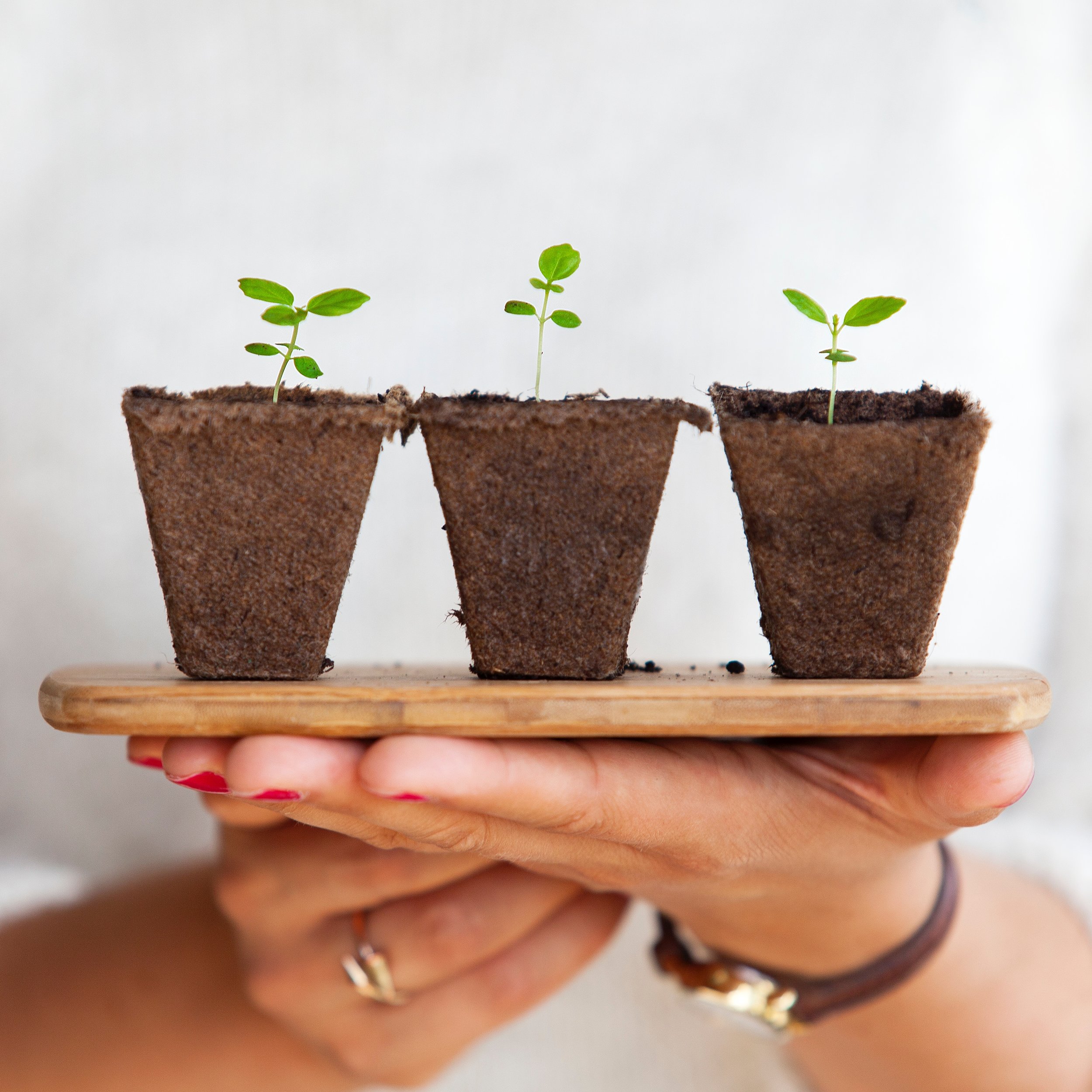MK Life Tips: #BeatPlasticPollution, World Environment Day
/Today is World Environment Day 2018 and the theme for this year's campaign is 'Beat Plastic Pollution'. While plastic has many valuable uses, our society has become over reliant on single-use or disposable plastic – with severe environmental consequences. This World Environment Day they'll be engaging partners from all corners of society and the world to join them in raising awareness and inspiring action to form the global movement needed to beat plastic pollution for good.
Photo by Daniel Hjalmarsson on Unsplash
Wait, what is World Environment Day?
World Environment Day is the UN’s most important day for encouraging worldwide awareness and action for the protection of our environment. Since it began in 1974, it has grown to become a global platform for public outreach that is widely celebrated in over 100 countries.
unenvironment facebook page
Global Plastic Pollution by the Numbers:
- Up to 5 trillion plastic bags are used each year
- 13 million tons of plastic leak into the ocean each year
- 17 million barrels of oil are used on plastic production each year
- 1 million plastic bottles are bought every minute
- 100,000 marine animals are killed by plastics each year
- 100 years is the amount of time it takes plastic to degrade in the environment
- 90% of bottled water is found to contain plastic particles
- 83% of our tap water is found to contain plastic particles
- 50% of consumer plastics are single use
- 10% of all human-generated waste is plastic
World Environment Day will seek to influence change in four key areas:
1. Reducing Single-Use Plastics
50% of the of consumer plastics are designed to be used only once, providing a momentary convenience before being discarded. Eliminating single-use plastics, both from design chains to our consumer habits is a critical first step to beat plastic pollution.
2. Improving Waste Management
Nearly one third of the plastics we use escape our collection systems. Once in the environment, plastics don’t go away, they simply get smaller and smaller, last a century or more and increasingly find their way into our food chain. Waste management and recycling schemes are essential to a new plastics economy.
3. Phasing Out Micro-plastics
Recent studies show that over 90% of bottled water and even 83% of tap water contain microplastic particles. No one is sure what that means for human health, but trace amounts are turning up in our blood, stomachs, and lungs with increasing regularity. Humans add to the problem with micro-beads from beauty products and other non-recoverable materials.
4. Promoting Research into Alternatives
Alternative solutions to oil-based plastics are limited and difficult to scale. This doesn’t need to be the case. Further research is needed to make sustainable plastic alternatives both economically viable and widely available.
So today, join me and make a pledge to yourself, your friends and your family that you will be done with plastic and will dedicate the extra time to grab a reusable utensil, glass or coffee cup. #BeatPlasticPollution #doyourpart
Source, World Environment Day Website













